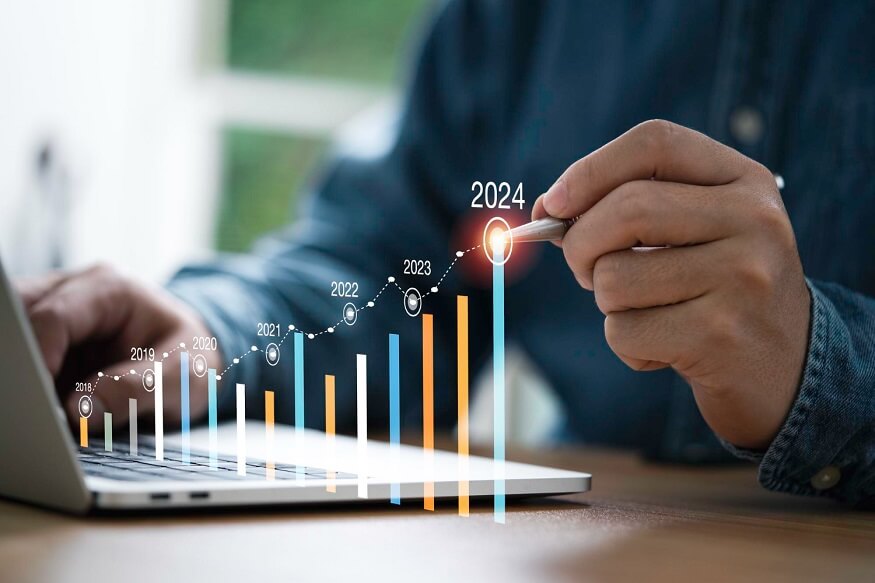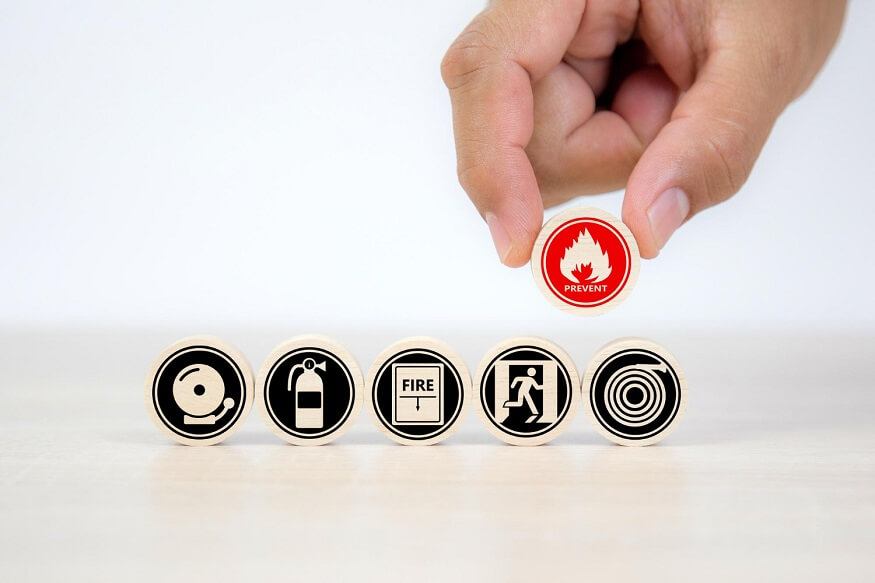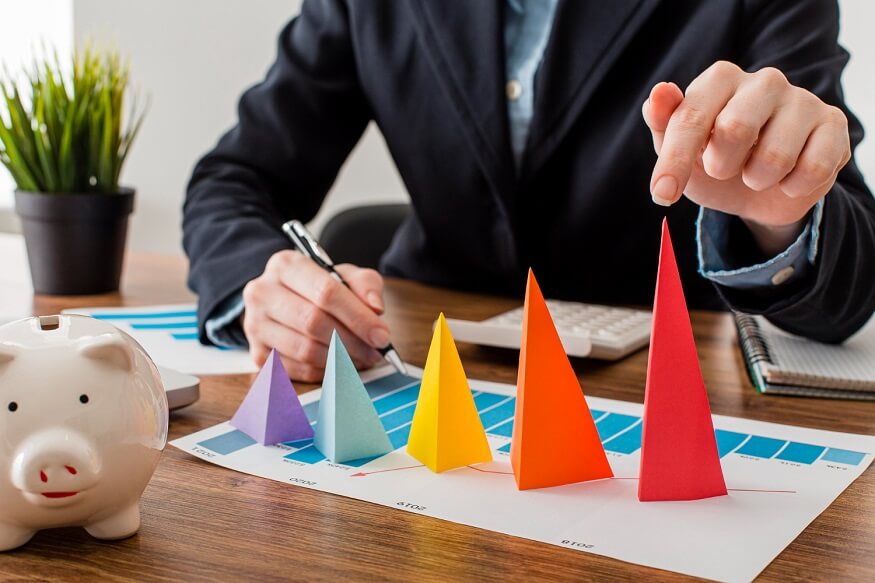Welcome to our kid-friendly journey into the fascinating world of macroeconomics! Macroeconomics helps us understand how the whole economy works, like a big puzzle. We’ll explore exciting macroeconomics facts, specially tailored for young minds like yours. Get ready to dive into concepts like gross domestic product, inflation, unemployment, fiscal policy, and more. Let’s learn more about how the economy impacts us. So, put on your economics hat and let’s embark on what you mean by macroeconomics.
Also Read: Interesting Ways to Teach Your Child the Value of Money
What is the definition?
It considers the big picture and enables us to comprehend how elements like production, consumption, and governmental regulations impact the total economy. Macroeconomists analyse the performance of the entire economy to gain insights into trends, growth, and challenges. For example, they examine how many cars are produced in a country, how much money people spend on toys, and how government decisions impact jobs and prices. Understanding how various components of the economy interact is made easier by studying macroeconomics.
Also Read: Interesting books that teach kids of all ages about money
What do you mean by macroeconomics
The Economic Barometer: Gauging the Pulse of the Economy
It is like a report card for an economy. The total value of all the products and services produced in a nation during a given time period, often a year, serves as the unit of measurement. GDP helps us understand if the economy is growing or shrinking. Every item we use, from the food we consume to the toys we enjoy and the homes we reside in, contributes to it. GDP is a measure economists use to monitor economic changes and make comparisons with other countries. A high GDP indicates a thriving economy with increased buying and selling activities by people.
Inflation: The Rising Price Monster
When the cost of products and services keeps rising over time, it is called inflation. It means that the money we have can buy fewer things. Think of it like a balloon slowly getting bigger. Toys, clothing, and other goods all have higher prices during periods of high inflation. In order for us to manage our money effectively, it is crucial that we comprehend inflation. They track the price changes of a selection of common items we purchase to gauge how much prices are rising. They study inflation to ensure that prices are stable and that our money retains its value.
Unemployment: Seeking Job Opportunities
Like football players who can’t find a team to play for, unemployment happens when people actively seek employment but are unable to locate openings. Given that some people are unable to work and support their families, high unemployment might be difficult for some. Governments and organisations strive to decrease unemployment by creating more job opportunities and assisting individuals in acquiring new skills. They also study unemployment rates to understand how the economy is doing and make policies to promote job growth.
Fiscal Policy: How Governments Manage the Economy
It is a tool that governments use to manage the economy. It involves making decisions about government spending and taxes. They also decide how much money to collect in taxes from people and businesses. These decisions can affect jobs, prices, and how the economy grows. Governments use fiscal policy to stimulate the economy during recessions or control inflation during periods of high growth.
The Importance of Saving and Investing. Saving means setting aside some of your money for later. It is similar to putting cash in a piggy bank. Saving helps you have money for emergencies or to buy something special in the future. On the other hand, investing entails using your money to generate additional cash. It’s like planting seeds and watching them grow into a tree. When you invest your money, you are essentially giving it to a company or a bank; in time, this money may increase and provide new revenue. Saving and investing help individuals and the economy as a whole grow and prosper.
International Trade: Connecting Economies
International trade is like a big marketplace where countries buy and sell things to each other. It is like swapping toys with a friend from another country. Some countries are good at producing certain things, like delicious chocolates or fast cars, while others are good at growing fruits and vegetables. When countries trade, they can get things they need but can’t produce themselves. This helps everyone have a wider variety of products and can make things more affordable. International trade promotes cooperation and global economic growth.
The Role of Banks: Keeping Money Safe and Moving
Banks are like the guardians of money. They keep our money safe and help us with financial transactions. Banks have special accounts where we can deposit our money, earn interest, and keep it secure. People who wish to establish enterprises, acquire homes, or purchase automobiles can also get loans from them. Due to their assistance in maintaining the flow of money, banks are crucial to the economy. They provide firms with loans, which aid in their expansion and employment creation. Banks also facilitate electronic payments, making buying and selling things convenient.
Economic Cycles and the Ups and Downs of the Economy
There are periods of prosperity during the economy’s ups and downs cycles that are characterised by high employment rates, increasing consumer spending, and company expansion. We refer to this as an expansion. In contrast, when the economy slows down, fewer people spend money and there may be job losses and corporate difficulties. We refer to this as a recession. To learn what triggers these cycles and how to increase economic stability, economists examine them. They strive to lessen the negative effects of recessions and encourage long-term economic expansion.
Environmental Economics: Balancing Growth and Sustainability
Environmental economics is about finding a balance between growing the economy and taking care of our planet. It’s like making sure we have enough cake to share with everyone without eating it all up. Environmental economists study things like renewable energy, recycling, and ways to reduce pollution. They help find solutions that promote sustainable development and preserve the Earth for future generations.
Also Read: Commerce Stream Career Options after 10th and List of Courses after 12th
Conclusion
GDP, inflation, unemployment, fiscal policy, and other topics have given important insights into how the economy works. Economics has a significant impact on your daily life, influencing the prices you encounter and the job opportunities available. Continue your curious exploration and never hesitate to ask questions. With your dedication, you’ll become a true master of understanding the fascinating world what macroeconomics.
At Euroschool, where we dive into the exciting world of macroeconomics facts! In this educational journey, we explore fascinating facts about what is macroeconomics definition? Specifically designed for young minds. Euroschool is a fun and interesting method to study the foundations of macroeconomics, from grasping the idea of gross domestic product (GDP) to learning about inflation, unemployment, and the role of governments in controlling the economy. So, get ready to embark on this enlightening adventure and discover how the economy works on a larger scale. Let us unlock the mysteries of macroeconomics together at Euroschool!










